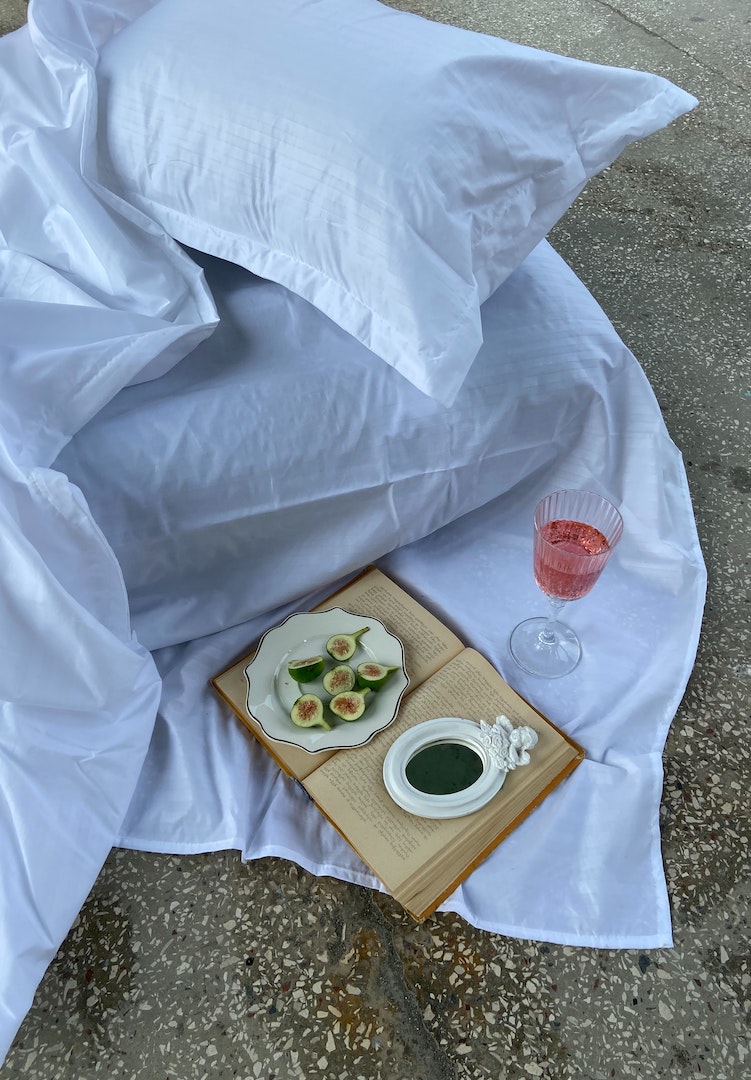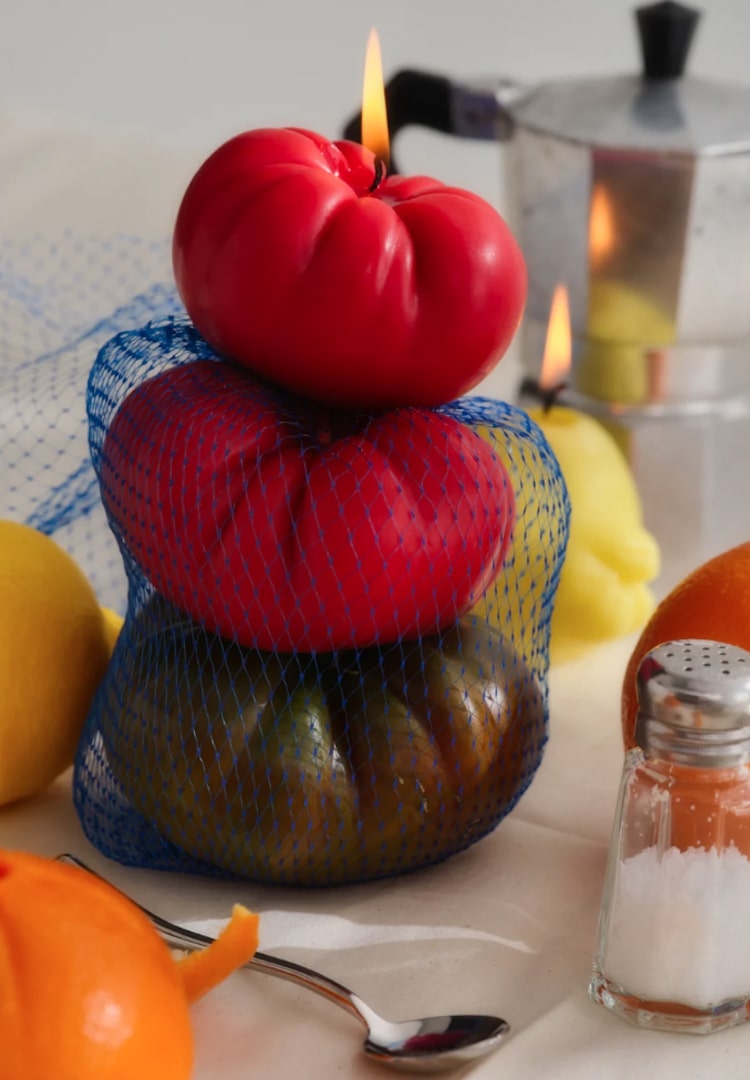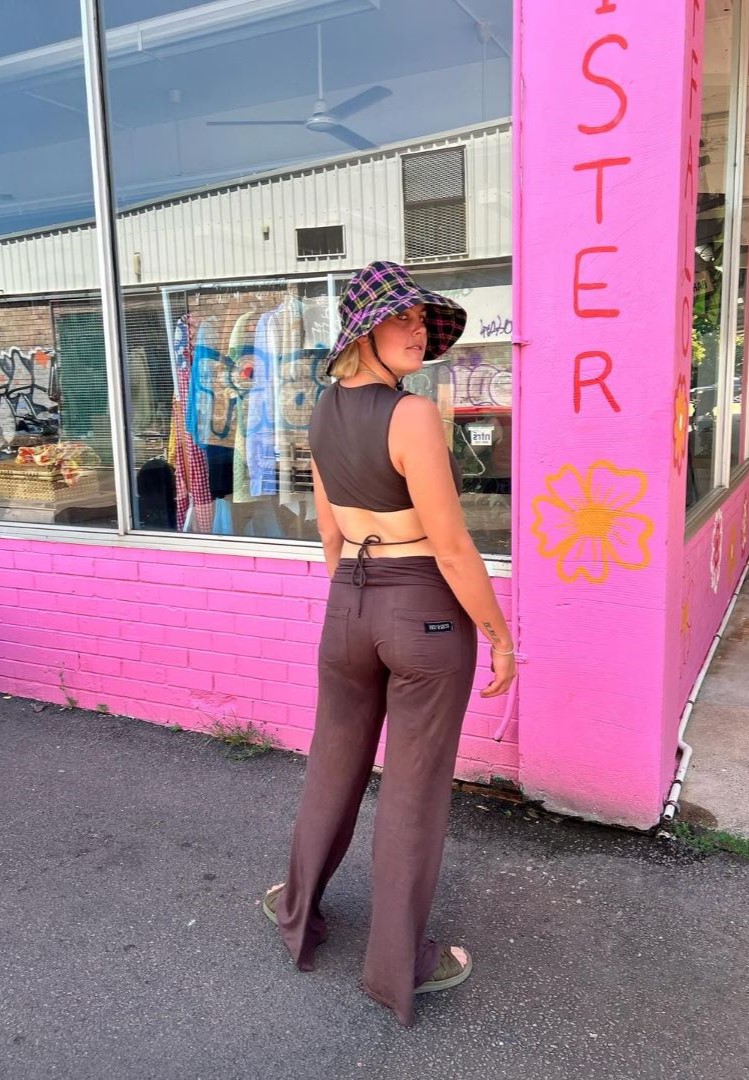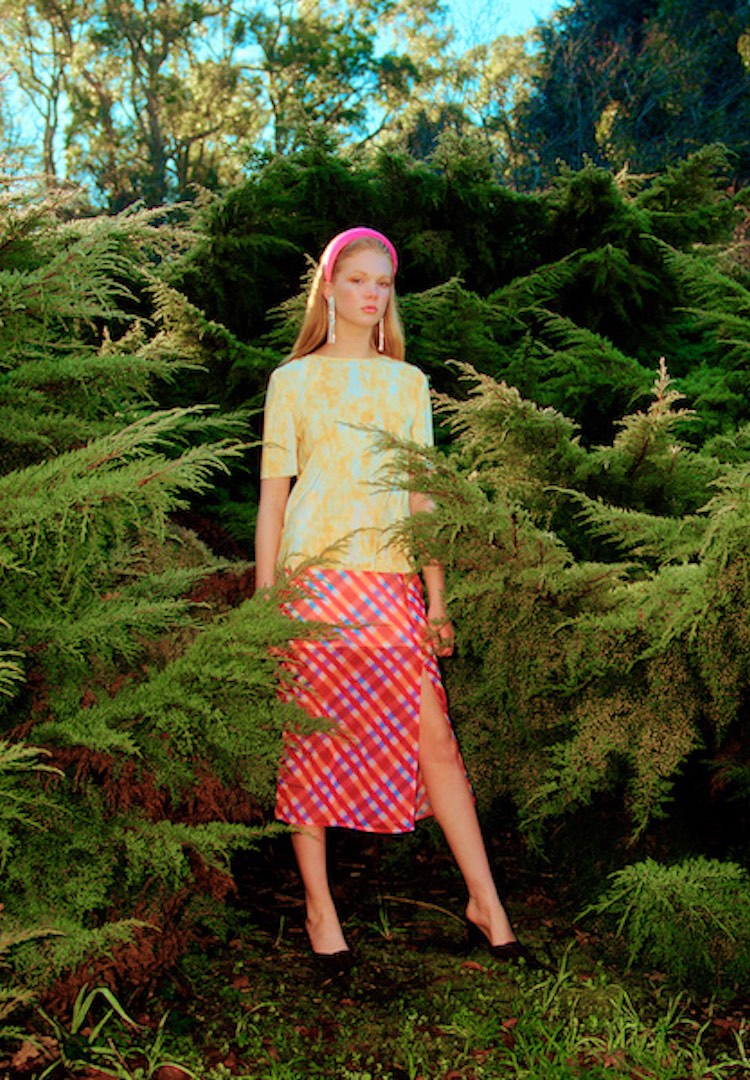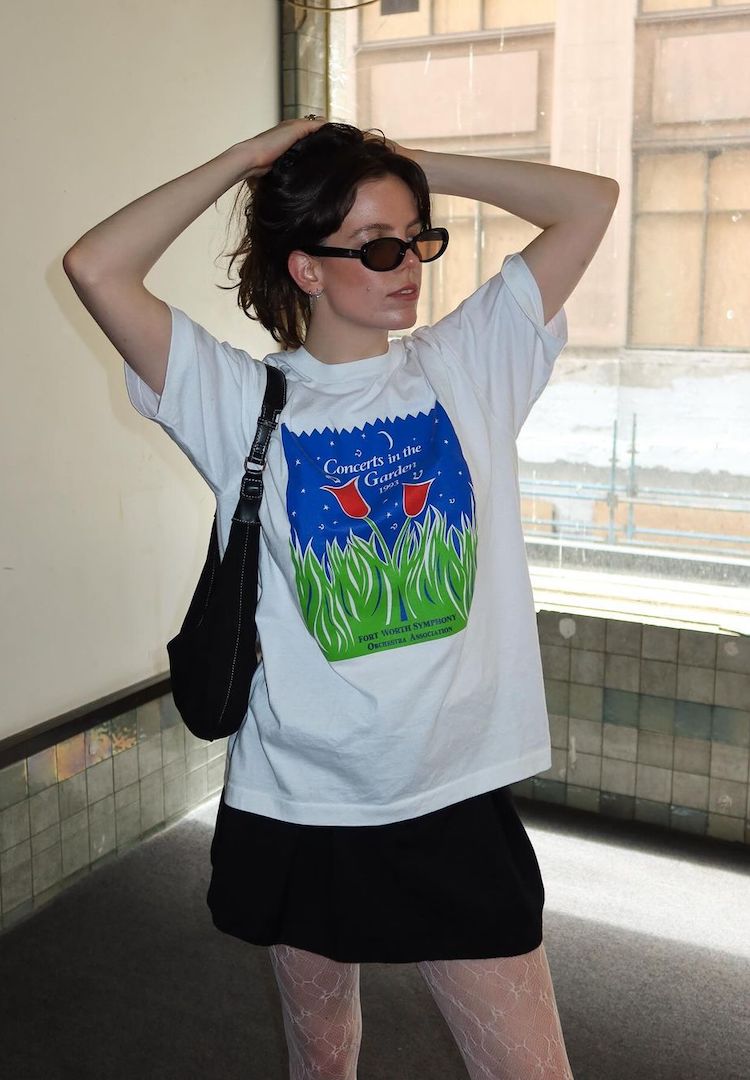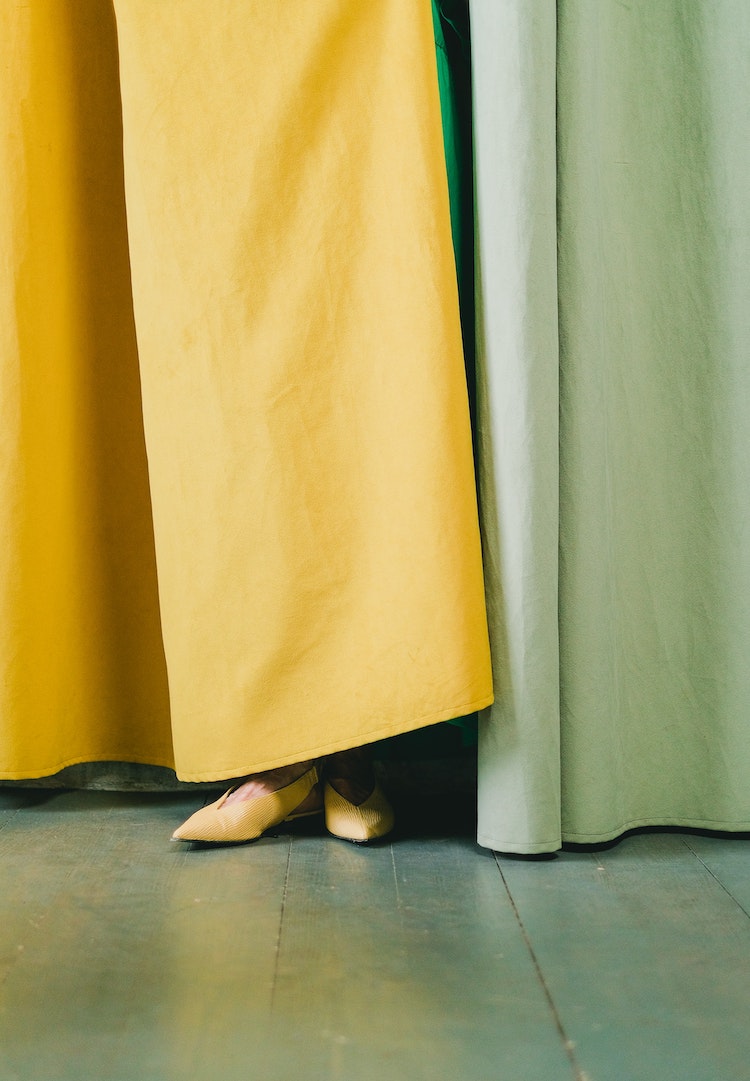Sustainability journalist Clare Press on how to gift consciously this holiday season
Words by Jackie Zhou
“I think it’s an important time of year to evaluate what we really need.”
The holiday season can be one of the most gratifying times of the year for families and friends (and material girls), but it can also be the most stressful. For a lot of holiday shoppers, being short on time, money and energy is a recipe for self-imposed guilt and disaster when it comes to gifting more consciously.
The Body Shop’s most recent Conscious Christmas Report found that 80 per cent of Aussies are already thinking about how their purchases impact people and the planet. However, a third of our population finds it harder to shop consciously at Christmas than any other time of year, mostly due to monetary concerns and valuing consumption-driven traditions.
For more on conscious shopping, head to our Life section.
Conscious shopping and sustainable consumption can be intimidating and vague prospects – if you’re under a time crunch to find a gift for your loved ones, you might not even know where to start.
Luckily, I was able to speak to sustainability expert and journalist Clare Press, who is working with The Body Shop to break down how people can shop more consciously this gifting season.
Tell us about you. What do you do, and what is your background in sustainability?
I’m Clare, I’m a writer, podcaster and sustainability communicator and the host of The Wardrobe Crisis. I’m really motivated by trying to make sustainability accessible and getting people to think about the impact of how they shop and consume.
My background is in journalism, and I used to work in fashion magazines. I always found that sustainability was quite siloed, the information was quite technical and actually not that accessible to the non-specialists. Sustainability is a big topic… I think when we bring that together with something like fashion or shopping, we lose people.
…I think as a sustainability communicator, we’ve got a job to do to bring people along and to do that in a way that is accessible, accurate and not off-putting, and recognise that we have to meet people where they are.
Why is conscious shopping so important?
Sustainability is an umbrella term, which we use to talk about people and planet. There’s an urgency around the climate crisis… [that] cannot be ignored, and that’s obviously causing everybody to ask more questions about the impact of product, lifestyle and brand policies… but I also think because there is more information out there, people are more connected to the idea that there are humans behind the things that they buy.
Once it registers with you, that somebody made what you’re buying, of course, you care… I think the more you know, the more you want to equip yourself with as much information as possible to make fair buying decisions.
Most of us know that we’re overconsuming, that we’re exceeding planetary boundaries, that we’re wasting too much stuff, and Christmas is obviously a wasteful time – [if] you look at food waste, packaging waste, [and] the number of novelty plastics, we are locked in a cycle of consumption…
… I think it’s an important time of year to evaluate what we really need, why overconsumption happens, what part… we play in it and how we could do something different[ly].
What’s some advice you can give to shoppers who want to buy more ethically?
Good brands are transparent about how they produce their goods. I think it’s not that difficult to find out if a brand is trustworthy if you’re willing to spend a few minutes looking into how they communicate.
I worked with The Body Shop [on their report] and if you look at how they talk about their community Fair Trade partners, it’s really detailed. A particular thing I got for my sister, which is a shampoo, contains moringa seed extract produced by community Fair Trade farmers in Rwanda.
They’re telling you where it’s been produced, and also that it’s third-party certified in terms of Fair Trade partners. If a brand is providing lots of rich detail around how they produce things, and if they are potentially allowed to share third-party certification, then I think that’s a great start.
…We have the opportunity to make a positive difference to others. Whether it’s buying food to support local farmers, or a shampoo that supports community Fair Trade, or from a small, ethical fashion label that you love and would want to see thrive, do that! I think people want to support [brands] that share their values and want to think that they are making a positive difference with their actions.
How are you shopping more consciously this year?
In my family, we do a Kris Kringle and so we only buy one gift for the adults…we try to reduce the amount of gifts that we don’t need, and we try to really cut down on single-use plastics… if you’ve got a bit of time, you can get creative around wrapping solutions – you can use fabric offcuts, use second-hand ribbons and save them up, wrap presents in magazines and newspapers. Try to just be mindful of what you don’t need to buy that is single-use.
When I make new purchases, I’m really mindful about it… I ask myself do I really need it? Will me buying it make a difference? Will I keep it for a long time and treasure it? Is it supporting something that aligns with my values?
I would also say avoid impulse buying, and do your research around the brand – just because a brand is bigger, it doesn’t mean they’re not doing work in sustainability.
I think also about the transformation economy, where an experience can help you advance or learn. So instead of a dinner out, which can be lovely… [think about] something that transforms you rather than is just a bit of fun – things like online courses or workshops.
What’s something conscious shoppers can look out for in terms of greenwashing?
Look out for vague terms, so ‘eco-this’ or ‘natural-that’, or ‘earth-friendly’. These terms aren’t necessarily lies, but they’re non-specific, so if a brand is talking about those things, how are they backing it up? Is it true? Is it verifiable?
And then look for third-party verification if possible. If you want to talk about fashion and materials, there are third-party certifications that can prove that something is organic or recycled.
Wanna read more on conscious shopping for the holiday season? Head here.



